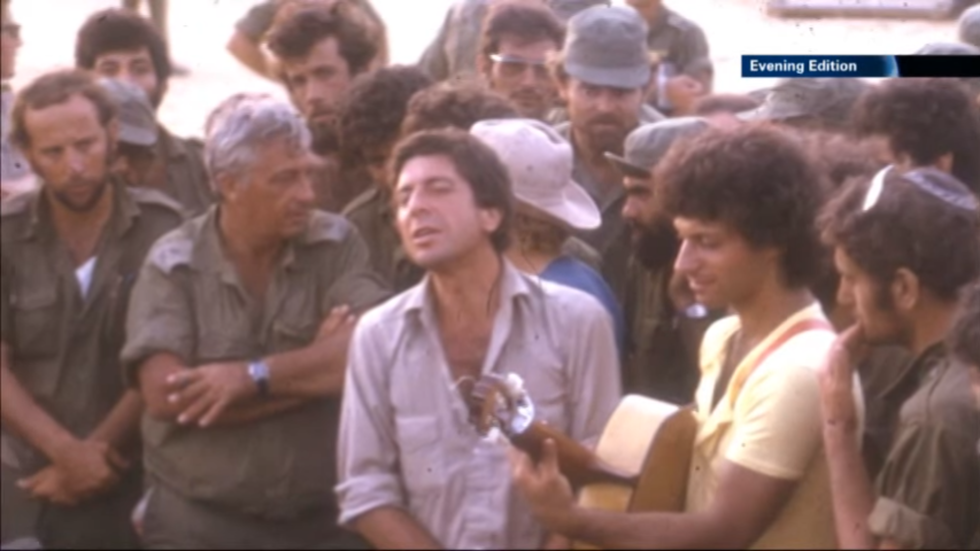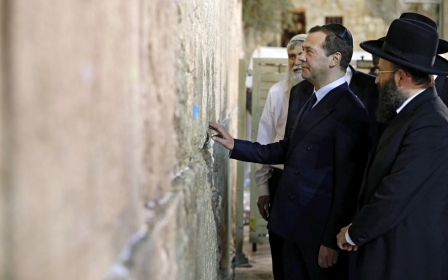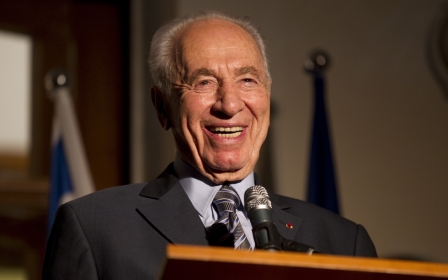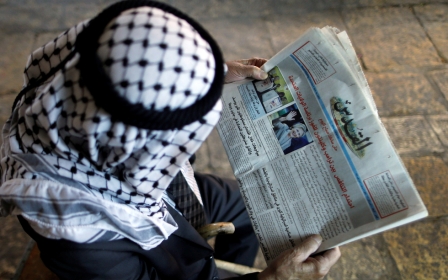Israel mourns death of Leonard Cohen

The death of celebrated Canadian Jewish singer Leonard Cohen on Thursday at the age of 82 has led to an outpouring of emotion in Israel.
Israeli President Reuven Rivlin posted on his Facebook page: “How sad to part from this man whose voice and face accompanied us for so many years. A giant of a creator, open to all people, who also knew how to accompany the State of Israel in the fields of battle and in times of growth.”
Rivlin added that many of Cohen’s songs added “a spirit and depth of emotion into our everyday lives.”
Cohen famously performed for Israeli troops during the 1973 Yom Kippur War against Egypt, a fact Israeli Prime Minister Benjamin Netanyahu alluded to when he made his own condolences.
“I will never forget how he came during the Yom Kippur War to sing for our soldiers because he felt he was a partner,” tweeted Netanyahu, who left his studies in the US to fight in a commando unit during the war.
He added that Cohen was “a talented artist and warm(hearted) Jew who loved the people of Israel and the state of Israel.”
When the Yom Kippur War began, Cohen was touring with his family on the Greek island of Hydra.
Upon hearing of the conflict, he dropped his tour to go to Israel and help with war effort – originally planning to work on a kibbutz, despite not knowing what they were or what he would do there.
He was talked out of the idea by Israeli singers, who convinced him that he would be most useful performing for the troops.
Cohen was reluctant at first, thinking his music was too gloomy in light of the circumstances, but eventually came over to the idea and refused special treatment because he was a star.
His determination to aid the war effort was cited in one of his poems, where he said: "I will go and stop Egypt's bullet.”
After the war, he said in an interview: "I've never disguised the fact that I'm Jewish, and in any crisis in Israel I would be there. I am committed to the survival of the Jewish people."
Cohen was born and raised in Montreal’s Jewish community, but moved to California later in his life. He considered himself both Jewish and a Buddhist.
He would later rise to fame during the folk music revival of the 1960s and go on to write some of his generation’s most definitive songs, including the spiritual Hallelujah.
New MEE newsletter: Jerusalem Dispatch
Sign up to get the latest insights and analysis on Israel-Palestine, alongside Turkey Unpacked and other MEE newsletters
Middle East Eye delivers independent and unrivalled coverage and analysis of the Middle East, North Africa and beyond. To learn more about republishing this content and the associated fees, please fill out this form. More about MEE can be found here.




